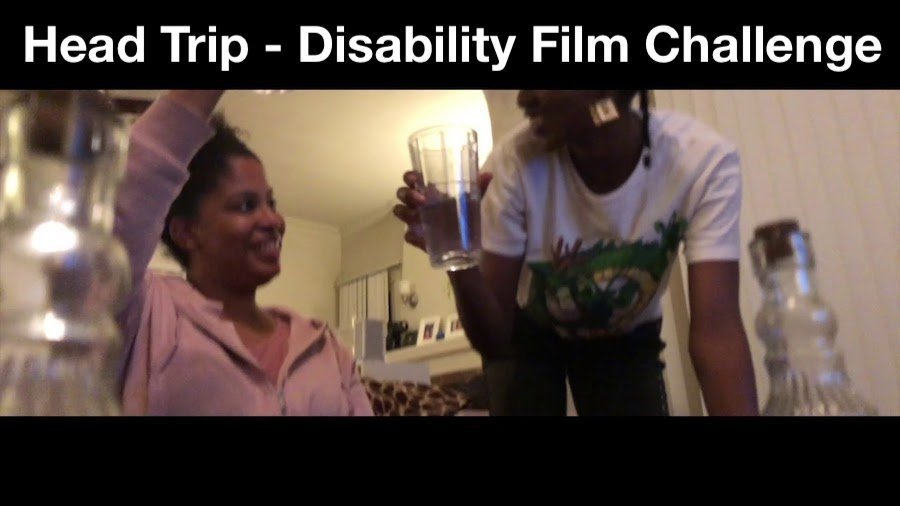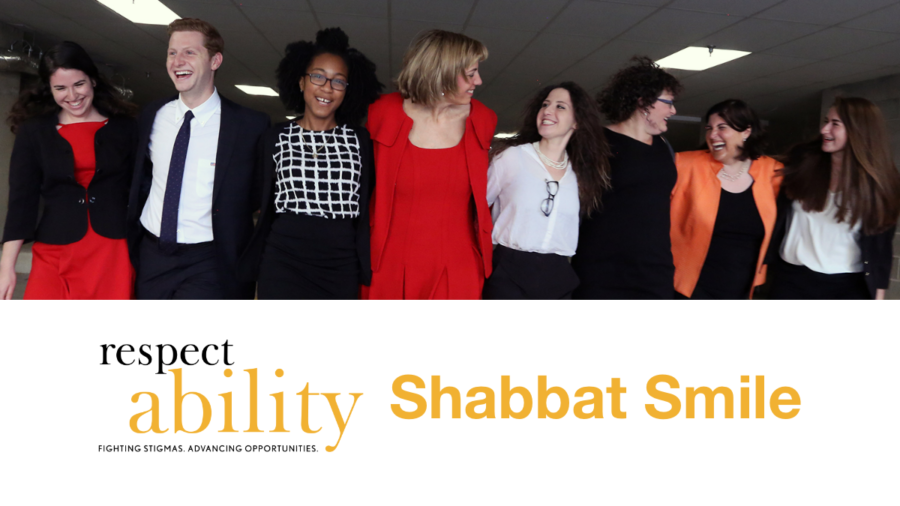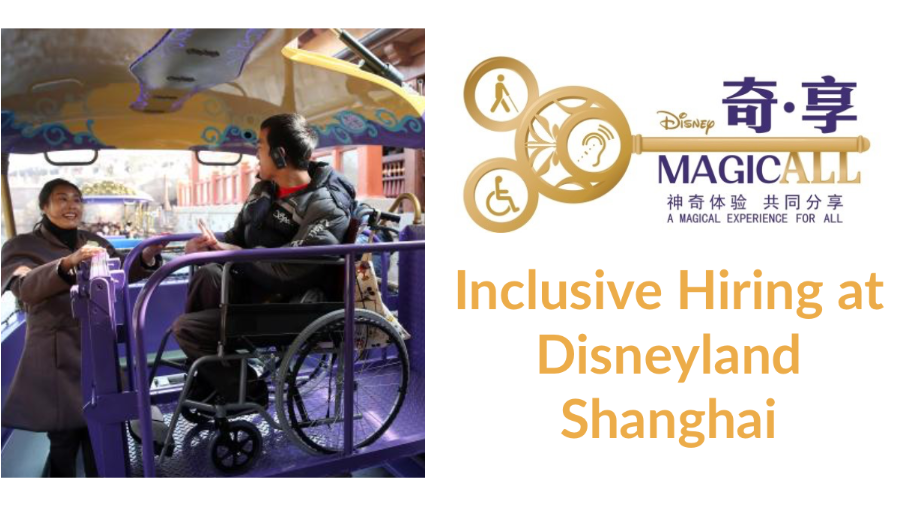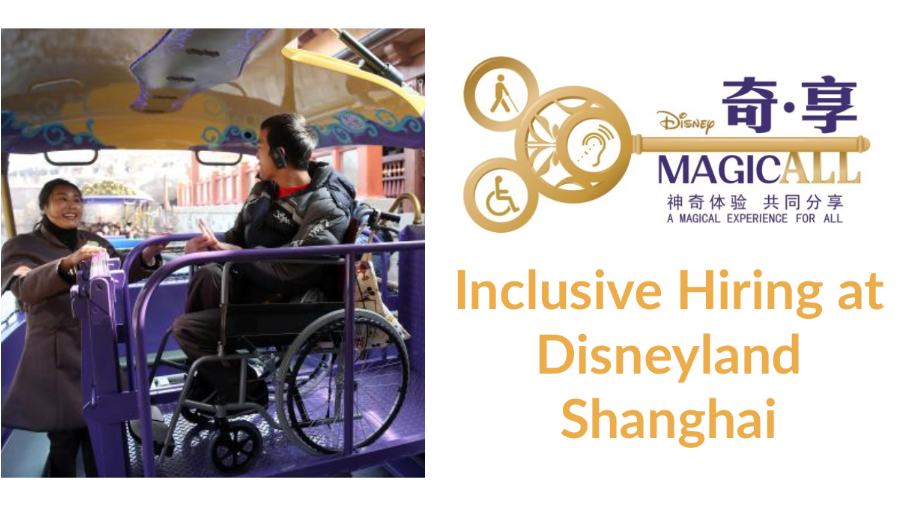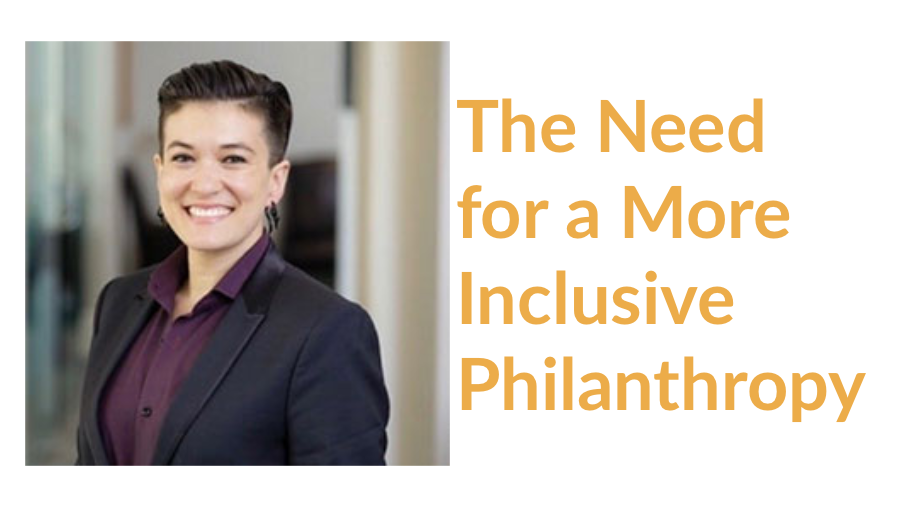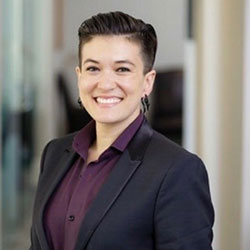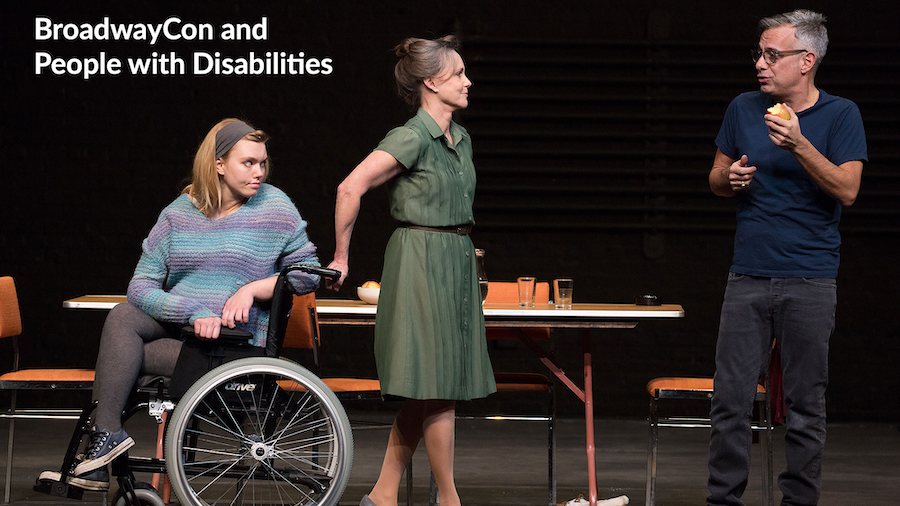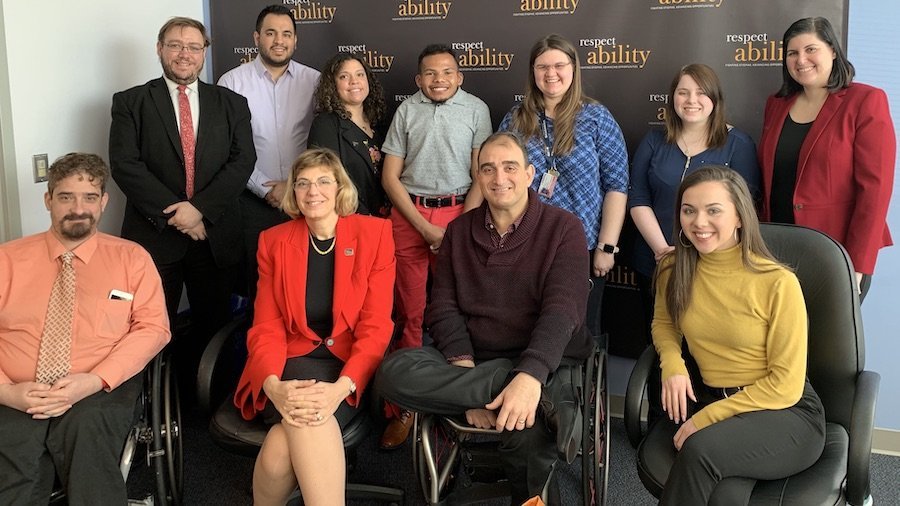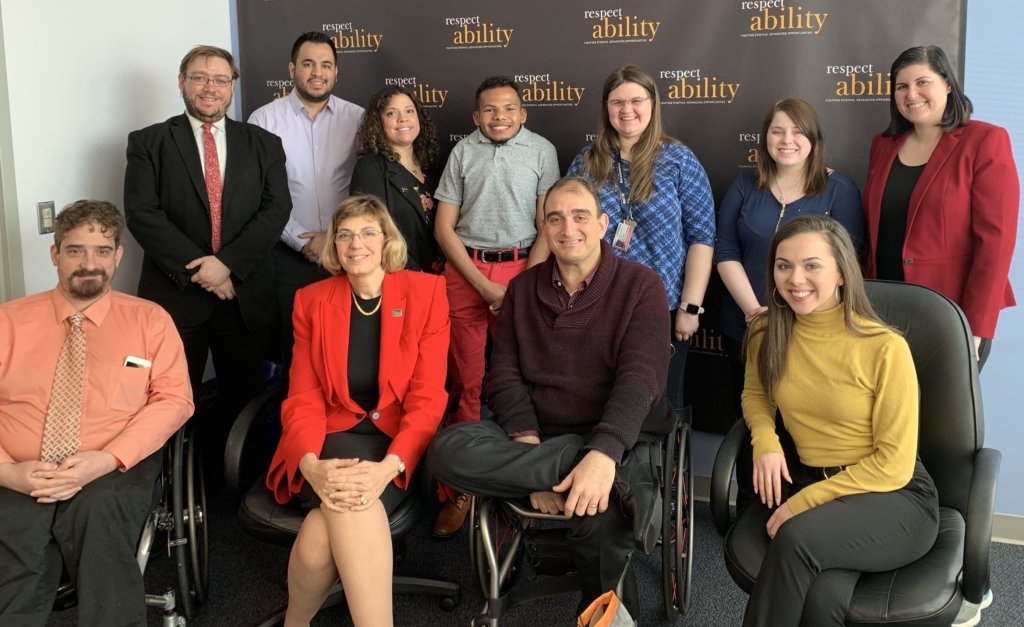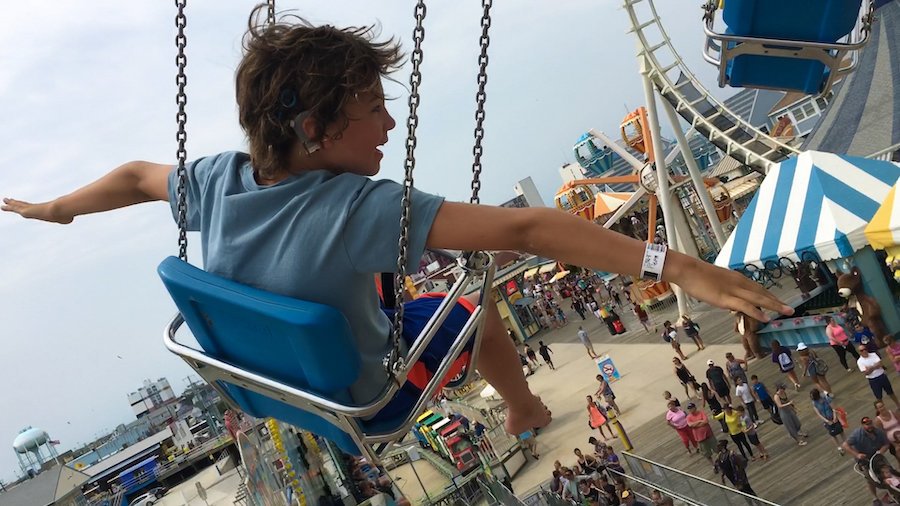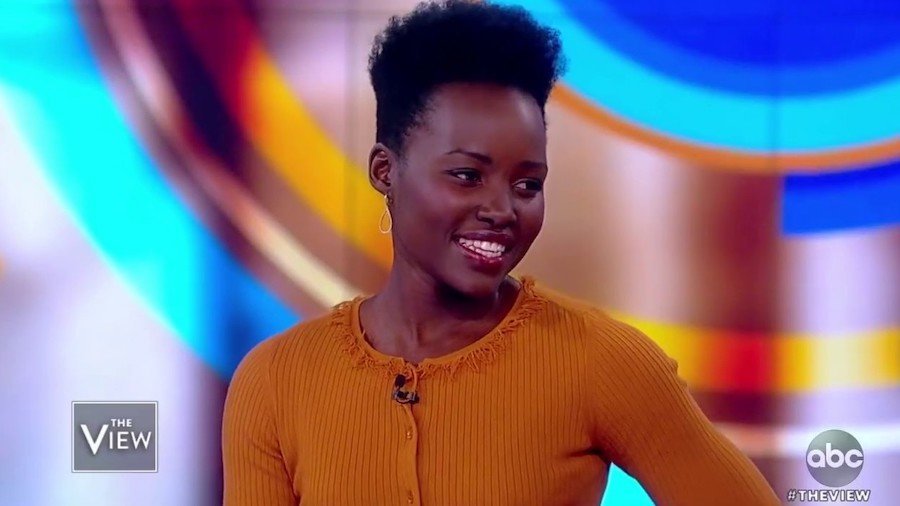Los Angeles, California, April 15 – Tatiana Lee has been working on improving representation of disabilities in media for years through acting, modeling, blogging, and activism. Her latest project is a new short film called Head Trip, filmed and edited in one weekend as an entry for the Easterseals Disability Film Challenge. The competition gives filmmakers — with and without disabilities — the opportunity to collaborate to tell unique stories that showcase disability in its many forms.
In Head Trip, Lee plays Zarah, who along with her friend Lex (Darrien London), bites off more than she can chew when playing a newly released virtual reality experience. Lee previously participated in the Disability Film Challenge in 2018 with a short film called Footloose, which won the award for Best Awareness Campaign.
This year was special for Lee because it was the first time she did her own project with her sister, Alice Felder, who directed the short film. “I’m glad I could do this with my family,” said Lee. [continue reading…]


